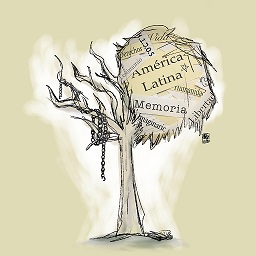¿Cómo decir la infancia desde el exilio? De Lejanías, de Rosalba Campra, y la ironía poética de la memoria
DOI:
https://doi.org/10.13130/2035-7680/15324Parole chiave:
Exile; Rosalba Campra; Memory; De lejanías; Poetic TestimonyAbstract
This paper aims to study the poetics of exile by Rosalba Campra in her text De lejanías (2017). In particular, we want to carry out an analysis of the representation of childhood by the author. In her verses, "childhood" and "memory" are not only human ones, but also those of places; they coincide with a shared or imagined past, which becomes present through the word that continues to create them.
This main objective of this work involves a broader reflection on how it is possible to narrate exile from childhood or from the narration that is produced in adulthood about it, and what role does the choice of said perspective have, as well as the constant recourse to irony in Campra's work.
Thus, in the proposed analysis, Campra's lyrical text is placed within the broader framework of stories about the experience of child displacement that have been carried out in the last 10 years. In particular, the representation of childhood present in the author's work is compared with the autobiographical study carried out by Marisa González de Oleaga, Carolina Meloni González and Carola Saiegh Dorin, Transterradas. El exilio infantil y juvenil como lugar de la memoria (2019).




